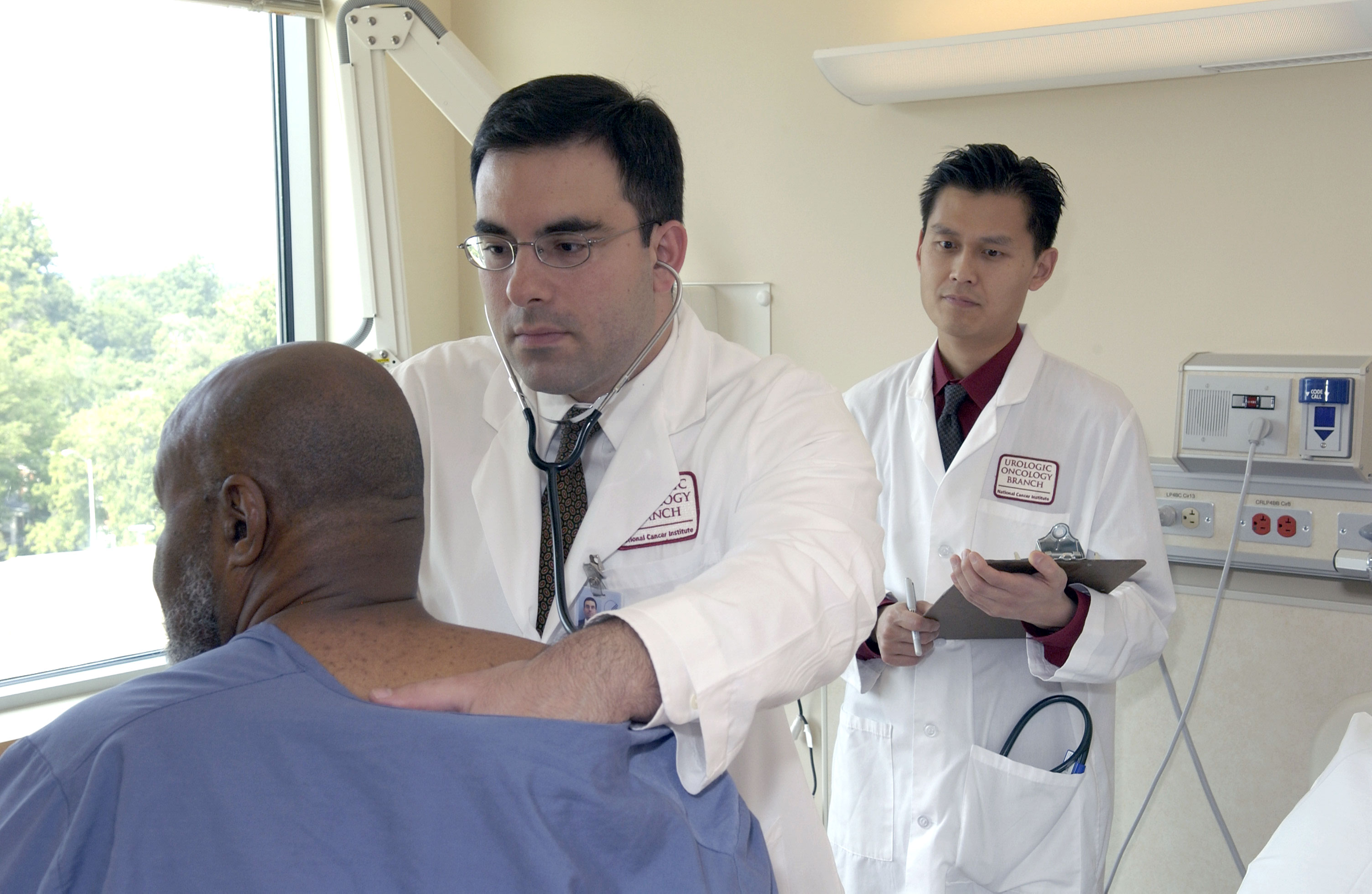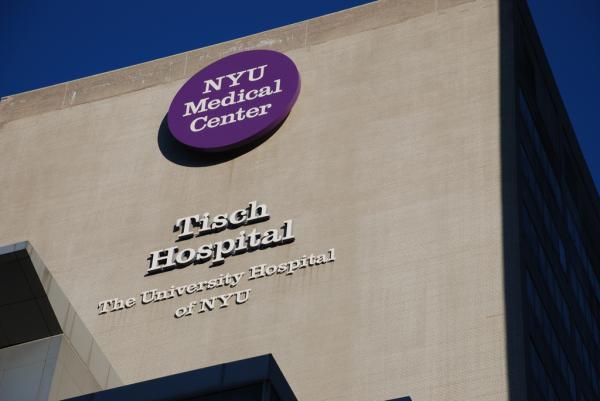With drastic shifts taking place in the medical profession over the last decade, those weighing whether to enter it have had to grapple with two figurative anvils hovering overhead: immense debt and choice of career specialty.
But in a remarkable demonstration of generosity Thursday, NYU's School of Medicine addressed both of those weighty concerns simultaneously with its announcement that it will waive tuition for all of its students, present and future, starting immediately.
Moreover, not only is crushing student debt of great concern that can even turn people away from the profession entirely, but another is that its accumulation has become so onerous that upon graduation newly-minted doctors have little choice but to enter the most highly-paying specialties, even if they preferred lower-paying fields like family practice, research or pediatrics.
“A population as diverse as ours is best served by doctors from all walks of life, we believe, and aspiring physicians and surgeons should not be prevented from pursuing a career in medicine because of the prospect of overwhelming financial debt,” said Dr. Robert Grossman, the Dean of NYU Medical School, in a statement.
While it's more than a worthy goal, our medical expert, Dr. Charles Dinerstein, a retired vascular surgeon, is skeptical if NYU's full-scholarship program will reshape career choices.
"I applaud the idea. It will certainly reduce unnecessary financial stress, and to the extent that that stress drives career choice, cynicism and physician burnout, NYU's generous gift will improve physicians lives," he said, referring to the tuition waiver, a first among the nation’s major medical schools. "I just am not sure that the goal of influencing specialty choice and location will be realized."
Doctors fresh out of medical school have been turning away from the four lowest specialties – all in pediatrics – paying between, on average, $220,000 to $260,000 annually, while more frequently considering the top-paying careers in thoracic, orthopedic and neurosurgery that pay between $500,000 and $650,000 per year.
 "Many medical school graduates choose higher-paying specialties, drawing talent away from less lucrative fields like primary care, pediatrics, and obstetrics and gynecology," NYU states. "Overwhelming student debt is fundamentally reshaping the medical profession in ways that are adversely affecting healthcare."
"Many medical school graduates choose higher-paying specialties, drawing talent away from less lucrative fields like primary care, pediatrics, and obstetrics and gynecology," NYU states. "Overwhelming student debt is fundamentally reshaping the medical profession in ways that are adversely affecting healthcare."
Given that NYU Medical School's current tuition for the 2018-19 academic year is just over $55,000 per year, this is unquestionably a substantial present. But at the same time other concerns remain.
"I believe that removing this huge financial obligation is a mixed blessing," adds Dr. Dinerstein. "It will relieve students and their families of significant financial stress and will allow them to make practice-based choices, but I do not think it will result in more of these students seeking primary care careers or rural locations as I have written about. This still leaves them with room/board, so it's not necessarily free."
Continuing, while acknowledging his "cynical side," Dr. Dinerstein highlights a few other concerns.
- "First, medical students help move health systems. They do scut work fill in the deficiencies in labor (like taking a patient to X-ray or the Operating Room, or entering order) so you might think of them as we do college athletes, who bring in large amounts of money to their schools and are 'paid' in various ways. So maybe this is preemptive pay-back."
- "Second, it is a gift – and as the experts have indicated, physicians, like others, are influenced by gifts. So you might expect that these physicians will pay back to NYU when they are making more money regarding repleting the endowment. Cost shifting from when you are poor to when you are wealthy, a version of paying forward."
- "Third, will it create an obligation? With this gift are you obligated or pressured to move toward primary care, etc?. At even a more-cynical level, physicians relieved of these costs will be obligated to society. And what better way to show their payment is an across-the-board reduction in your income, say the 40% necessary to fund Medicare for All. Now that is not the goal of NYU, but if I thought of it so will government and insurance carriers."
In any case, waiving student tuition is without question a game-changer, and NYU's decision may very likely have a ripple effect at other medical schools across the country.
What do you think of the gift and the likely developments that may come of it? Please comment below and share your point of view. We'd like to hear from you.




